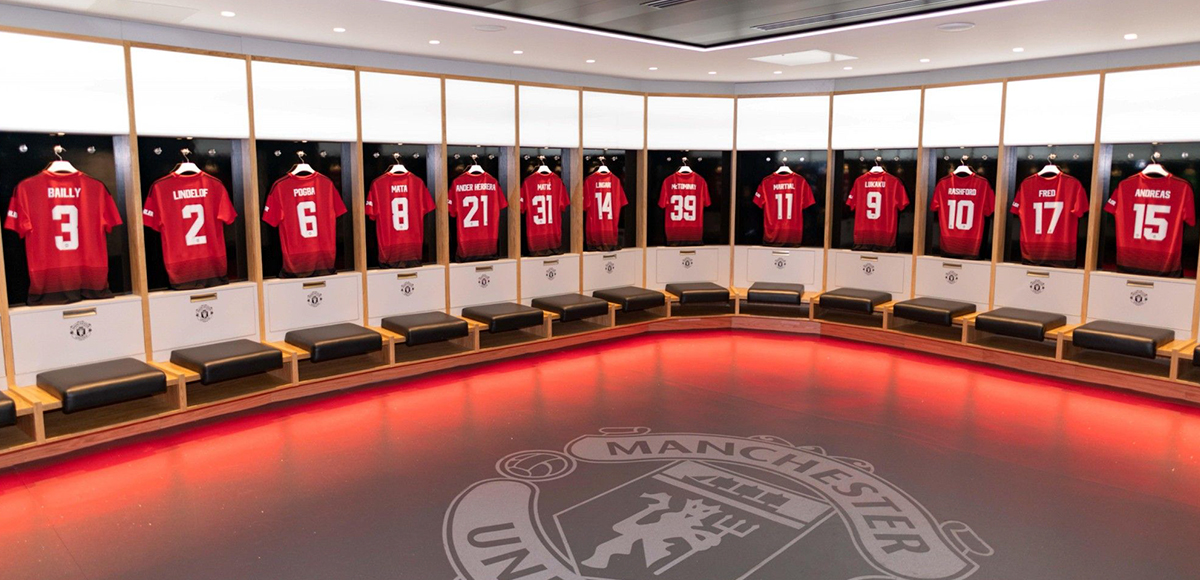Manchester United’s current predicament, both on and off the pitch, has reached a critical juncture. Manager Ruben Amorim has taken a bold stance, shouldering the responsibility for the club’s recent struggles and acknowledging the far-reaching consequences of the team’s underperformance.
The Red Devils find themselves in a precarious financial situation, with losses amounting to £300 million over the past three years. This dire financial straits has led to the consideration of drastic measures, including potential redundancies affecting up to 200 staff members. Sir Jim Ratcliffe, the club’s co-owner, is reportedly contemplating these job cuts to free up funds for much-needed transfers.
Amorim’s Candid Assessment
In a refreshingly honest pre-match press conference ahead of the crucial fixture against Tottenham Hotspur, Amorim laid bare the gravity of the situation:
“I think it’s really important for us in the first-team, coaches and players, to not ignore that. People are losing their jobs, so we have to acknowledge that and the biggest problem is the football, because we spent the money and we’re not winning. We’re not in the Champions League, so the revenues are not the same.”
The Portuguese tactician’s words underscore the symbiotic relationship between on-field success and the club’s financial health. United’s absence from the Champions League has significantly impacted revenue streams, exacerbating the already strained financial situation.
The Ripple Effect of Poor Performance
Amorim further elaborated on the consequences of the team’s lacklustre performances:
“We spent a lot of money in the past and now we have to be careful with the finances. We can’t rebuild the team the way we would like. When people are losing their jobs, of course it’s hard to have that feeling of people feeling safe in their jobs and it affects the environment.”
This stark admission highlights the interconnectedness of the club’s various departments and how the first team’s struggles have far-reaching implications beyond the pitch.
A Call to Action
Recognising the urgency of the situation, Amorim issued a rallying cry to his squad:
“We cannot ignore that, we acknowledge that problem and I want to say that the responsibility is on the first-team and we have to change that.”
“The first part, what we should do, is to win at Tottenham. That is a small step to try to help these people, to try not to push the prices of the tickets higher. We are responsible for that.”
Tactical Stubbornness or Principled Approach?
Despite mounting pressure to alter his tactical approach, Amorim remains steadfast in his beliefs:
“I accept that. It’s a choice you make when you’re a coach, but I truly believe in the way I do things.”
“I know at this kind of club, with this kind of pressure, you’re always at risk. I’m aware of that, but it’s not my biggest concern. Losing games is the hardest part of my job, not being sacked. I just want to win games.”
When questioned about whether his unwavering commitment to his principles could be perceived as a weakness, Amorim offered a nuanced response:
“Yes, it can be. I think it can be a weakness in that moment, but then, if you believe in one thing or another, then you have to stick with that.”
“I feel we focus a lot on the system, but the way we want to play this system is completely different than we’re doing at the moment. But we’re trying to improve so, to be direct with your question, yes, sometimes it’s a strength and sometimes it’s a weakness. I think everybody knows that.”
Tactical Flexibility Within a Fixed System
Amorim’s approach to tactical adaptability was evident in the recent FA Cup victory over Leicester City, where he deployed Patrick Dorgu in an unfamiliar right wing-back role. The manager explained his reasoning:
“Dorgu was doing that in Lecce and sometimes having a left foot on the right is important. Especially when teams mark us one-on-one or are man-marking.”
“I have the experience of playing that way against a 4-3-3 or a 5-4-1 and I know what kind of characteristics I need for it. But we also need time to work on everything. If I have an idea and if the connection is not yet there, I have to find that connection.”
As Manchester United prepare to face Tottenham Hotspur in a crucial Premier League clash, the weight of expectation has never been heavier. With financial pressures mounting and jobs on the line, Amorim and his squad must deliver a performance that not only secures three points but also reignites hope for a brighter future at Old Trafford.


